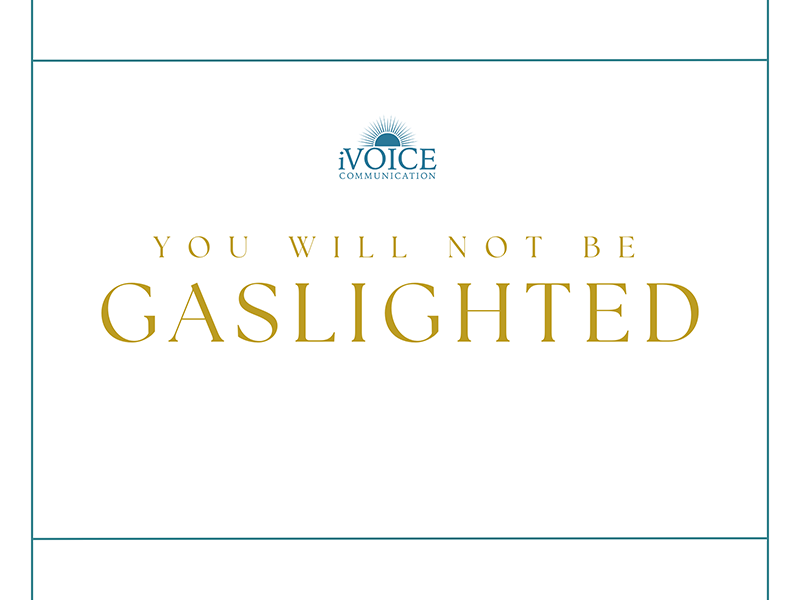
Gaslighting: Become an Ally
Have you ever been gaslighted? If you have (yikes) you know the emotional toll it takes. Gaslighting, a psychological manipulation technique, occurs when someone tries to convince you that your reality is untrue. It’s a tactic designed to intimidate, control






